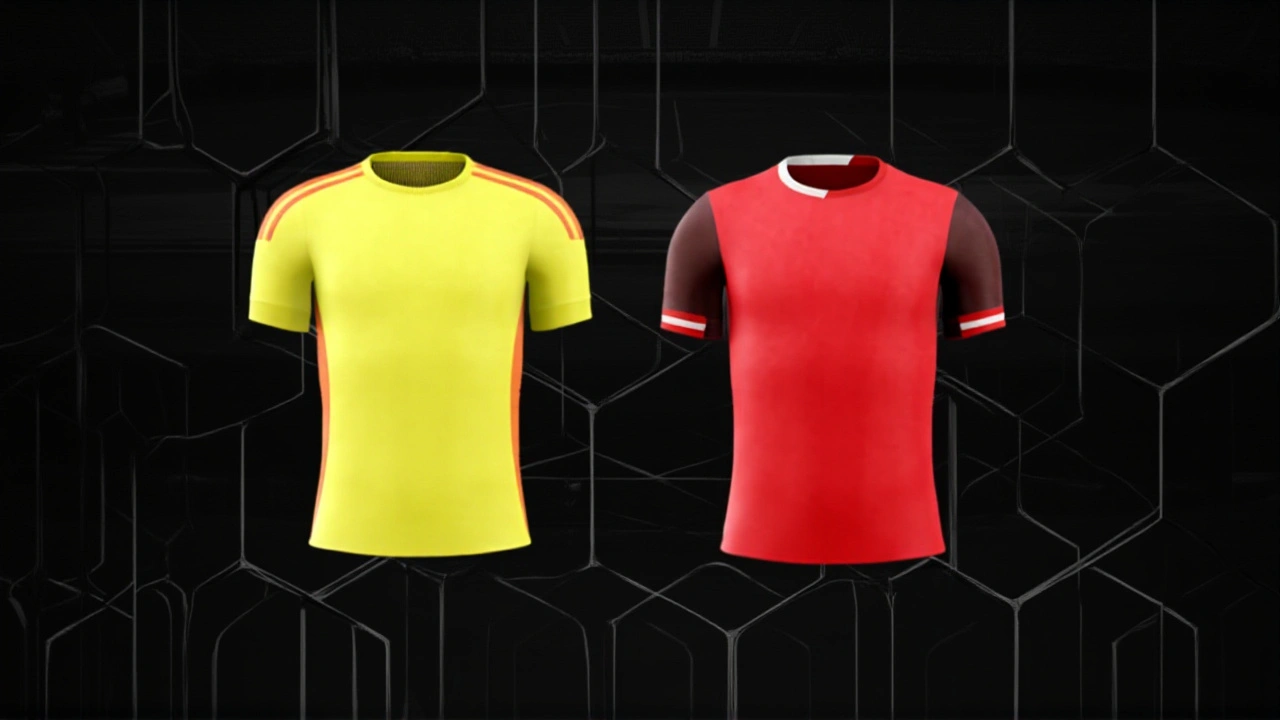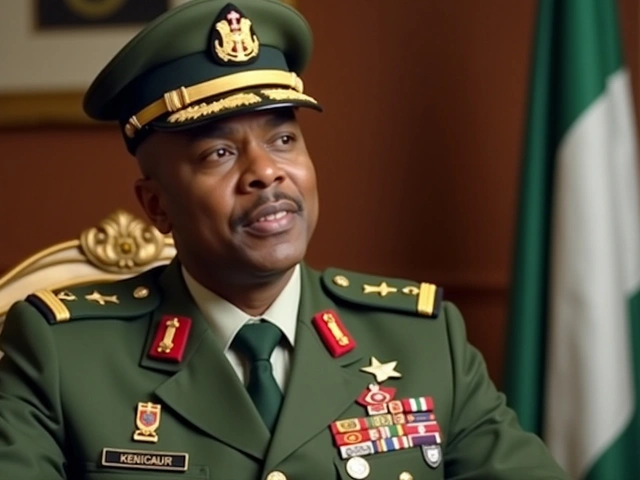Jesse Marsch: Career, Coaching Style & Latest Moves
When talking about Jesse Marsch, the Canadian soccer coach known for his high‑pressing, fast‑transition style and a résumé that spans MLS, European clubs, and the Canada national team, the first thing that pops up is his knack for turning under‑dogs into contenders. He first broke onto the scene as a player‑turned‑coach in the United States, then climbed the ladder to manage top‑flight clubs in England and Germany before returning to North America.
Why Jesse Marsch matters in modern football
If you're looking for insights on Jesse Marsch, start with his tactical DNA. He lives by a high‑pressing philosophy, which means his teams try to win the ball high up the pitch, force opponents into mistakes, and launch quick attacks. That approach requires fitness, discipline, and a clear understanding of space – all traits he cultivates in training. The result is a side that can surprise bigger clubs by out‑working them.
His latest stint with the Chicago Fire, an MLS franchise looking to climb out of the lower half of the table showcases how he adapts the press to the specific demands of the league – more travel, varied climates, and a salary‑cap. In Chicago, Marsch has blended his European experience with the raw talent of North‑American players, aiming for a balance between development and immediate results.
The environment of Major League Soccer (MLS), the top professional football league in the United States and Canada shapes his coaching decisions. MLS pushes coaches to juggle player rotation, international breaks, and a playoff format that rewards consistency late in the season. Marsch’s strategy reflects this reality: he rotates his squad to keep them fresh while maintaining the high‑press intensity that defines his brand.
On the international stage, the Canada national team, the senior men’s side that qualified for the 2022 World Cup after a 36‑year absence benefits from coaches like Marsch who have MLS experience. The national team’s recent success—reaching the World Cup and pushing deeper in CONCACAF tournaments—shows how domestic league expertise can translate into better tactics and player scouting at the highest level.
Beyond tactics, soccer coaching, the profession of developing strategies, training plans, and matchday decisions for football teams today demands data analysis, sports science, and a strong communication style. Marsch embraces video breakdowns, GPS tracking, and psychological coaching to keep his squads motivated. He often talks about creating a “family atmosphere” where players trust each other, which helps sustain the high‑press over 90 minutes.
All of these pieces—pressing philosophy, MLS adaptation, national‑team influence, and modern coaching tools—interlock to form the full picture of Jesse Marsch’s impact on the sport. Below you’ll find a curated list of recent articles that dive deeper into his matches, transfer moves, and tactical adjustments. Whether you follow MLS, Canadian soccer, or global football trends, the stories ahead give you a closer look at how Marsch’s ideas are shaping the game right now.

Canada Holds 13th‑Ranked Colombia to Scoreless Friendly at Red Bull Arena
Canada drew 0‑0 with 13th‑ranked Colombia at Red Bull Arena on Oct. 14, 2025. Coach Jesse Marsch praised progress but stressed the need for sharper finishing as both teams prep for upcoming qualifiers.
Categories
- Sports (146)
- Politics (22)
- Entertainment (20)
- World (15)
- News (10)
- Lifestyle (8)
- Business (6)
- Technology (3)
- Health (3)
- Environment (2)



